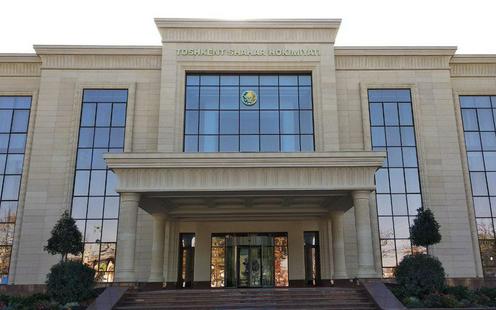The powers of regional, municipal and district hokims (local administration heads) in Uzbekistan are to be reduced, the country’s president Shavkat Mirziyoyev announced in the course of his speech to parliament on 24 January.
Mirziyoyev said that hokimiyats (local administrations) are currently charged with around 300 tasks, 175 of which are not part of their core remit and duplicate the functions of other state organs. This has a negative impact on the quality of work and implementation standards.
As a result of this, Mirziyoyev has recommended that the Senate and Justice Ministry draw up a proposal to transfer a part of hokims’ authorities to the relevant government departments. He has also tasked them with designing a system to measure the efficiency of the work of the heads of local administrations, regional departments and ministries. Hokims will be obliged to regularly provide the media and the public with information about how they are implementing central government directives and resolving the problems of the regions under their care.
The president called on civil society organisations to be more active in drawing the attention of state organs to the problems affecting Uzbek citizens. “To this end we must establish a social partnership with civil society organisations on a national and regional level and increase the volume of grants and state procurement orders,” Mirziyoyev announced. He also proposed the creation of a Civic Chamber of the Republic of Uzbekistan to strengthen public oversight and promote cooperation between state and society.
Mirziyoyev has criticised local administration officials on a number of occasions in the past, most frequently for abuses of power such as the illegitimate confiscation of property. In July 2019, he forbade hokims from demolishing local entrepreneurs’ properties unless doing so was absolutely necessary. In December, hokim’s authority to make unilateral decisions on construction and renovation work in built-up areas was withdrawn. As of January this year, hokimiyats are no longer authorised to make decisions relating to the work of water supply networks supplying drinking water to the local population or to regulate the usage of natural and manmade reservoirs.










